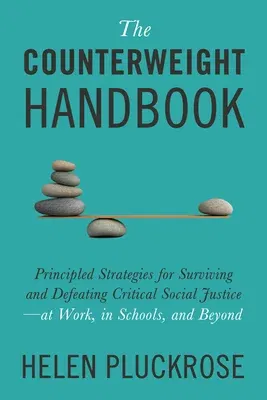Over the last several years, organizations and institutions throughout
the West--both public and private--have adopted comprehensive diversity,
equity, and inclusion policies and mandated new forms of employee and
student training on antiracism, unconscious bias, gender diversity,
cultural sensitivity, and related topics. The stated goals of these
programs are often reasonable if not noble--to create a more welcoming
space and inclusive environment for all. But such training, when based
on the activist ideology known as Critical Social Justice, crosses an
illiberal line when participants are required to affirm beliefs they do
not hold. Indeed, the mildest questions about or objections to common
teachings in these sessions--that all white people are racists, that all
underrepresented minorities are oppressed or useful tools of the
majority, that sex and gender differences have no biological basis--are
regularly met with pat commands: "Educate yourself," "Do the work,"
"Listen and learn."
At work, raises, promotions, and even future employment may well depend
on one's nodding approval during such training. At school, grades,
nominations, and awards may be contingent upon one's active agreement
with these ideological beliefs. When faced with such a
predicament--between silent submission and risky if ethical
opposition--what is a person to do?
The Counterweight Handbook provides individuals with a practical and
easily navigable guide to understanding and addressing the issues that
are likely to arise when this activist ideology is implemented in their
organization or institution. It also teaches them what to do when they
are asked to affirm their commitment to beliefs they simply do not hold,
undergo training in an ideology they cannot support, or submit
themselves to antiscientific testing and retraining of their
"unconscious" minds. It is for everyone who wishes to push back against
the hostile work and educational environments such training inevitably
creates--or who fears being fired, censored, or cancelled for their
sincere beliefs and principled convictions.

